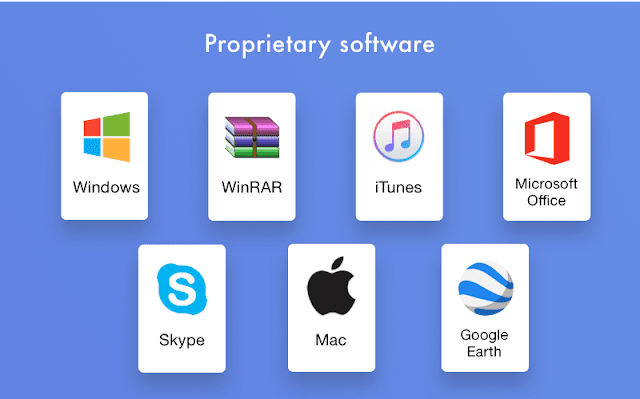Situations When Closed Source Wins over Open Source
• When end users are not software developers – Open source
software, such as Linux, has
a well-deserved reputation for being designed for and by
geeks. Its UI/UX is typically
not plug-n-play and often requires the use of command line
tools.
• When SaaS is what you really want – Many cloud services
can offer the same
functionality and support as closed source on-site software
on a pay-as-you-go basis
that is far less expensive than buying proprietary packages
for in-house use.
• When you need full driver support – Proprietary hardware
drivers are typically
developed with close cooperation of the hardware vendor and
thus, they perform better.
Open source packages often have missing drivers or use
generic ones by default.
• When the choice is between a small open source vendor and
an established closed
source vendor – In this case, the risk that the smaller open
source project is abandoned
or takes a sharp detour is greater.
• When the closed source vendor has better support – All
other things being equal,
quality and longevity of support should be a critical
criterion. Cost for support should be
secondary.
• When open standards are less important than de facto
standards – Microsoft has
never been known to be the first in line demanding open
standards. Yet, because of
their market share they set many de facto standards.
Depending on the market your
enterprise targets, a closed source de facto standard may be
more important.
• When indemnity matters – For business-critical
applications, you will probably want the assurance of performance that a commercial organization
brings to the table.

Comments
Post a Comment